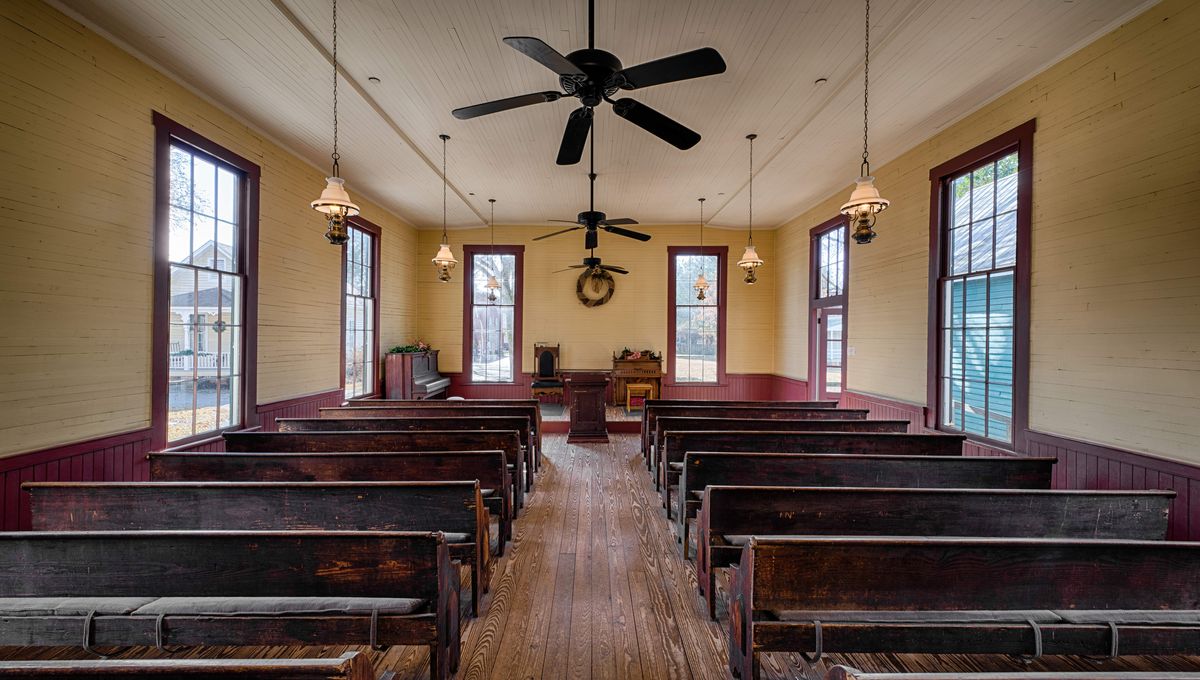Shifting Tides: The Unexpected Transformation of Religious Landscapes in America

In the dawn of the 21st century, a fascinating social transformation has been quietly unfolding. While traditional religious institutions have witnessed a dramatic drop in attendance, the landscape of spiritual belief remains far more nuanced and complex than simple statistics might suggest.
The empty pews and quieting church halls tell only part of the story. Rather than signaling a wholesale rejection of faith, this trend reflects a profound shift in how people experience and express their spiritual connections. Modern individuals are increasingly seeking personal, meaningful spiritual experiences that transcend conventional religious structures.
Today's spiritual seekers are more likely to explore diverse paths of belief, blending traditional religious insights with personal philosophies, meditation practices, and holistic approaches to understanding life's deeper questions. They may not regularly attend formal religious services, yet they maintain rich inner spiritual lives that are deeply significant to their personal growth and understanding.
This evolving relationship with spirituality challenges long-held assumptions about religious engagement. It suggests that belief is not disappearing, but rather transforming—becoming more individualized, flexible, and reflective of our increasingly interconnected and globalized world.
As we continue to navigate these complex spiritual landscapes, one thing becomes clear: the human quest for meaning, connection, and transcendence remains as powerful and essential as ever, regardless of how it might be expressed.
